







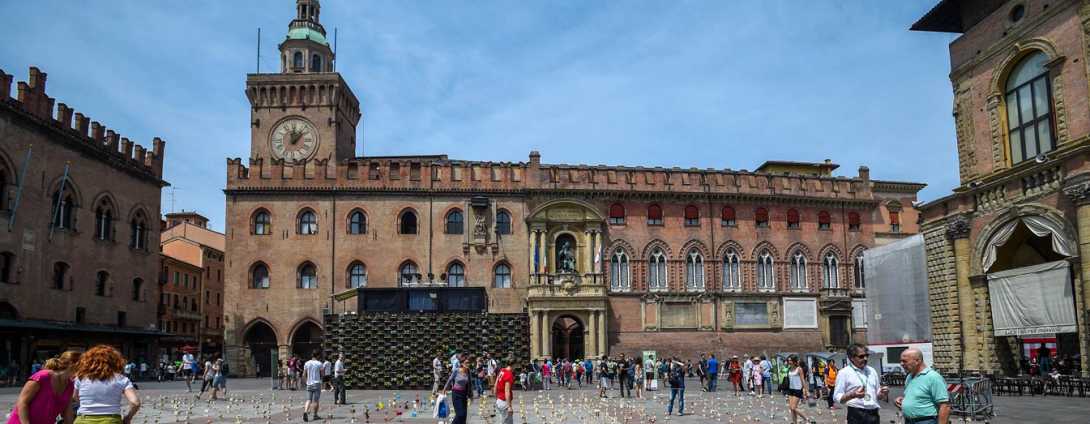
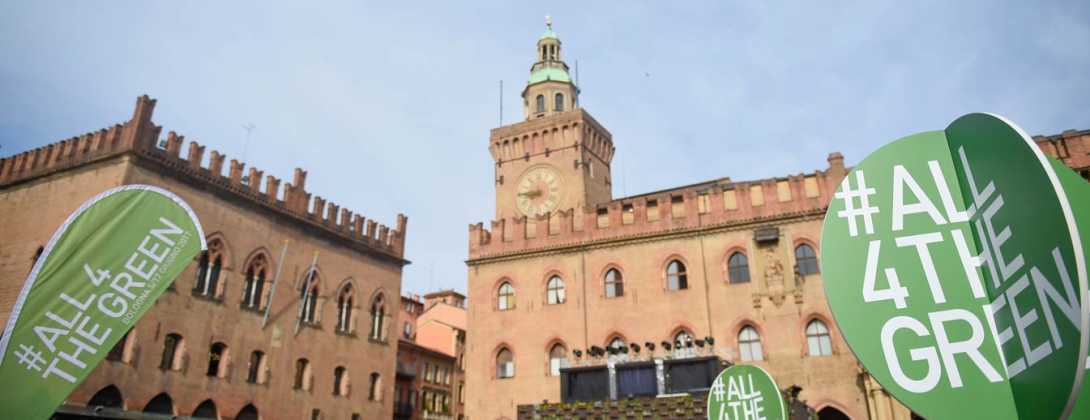



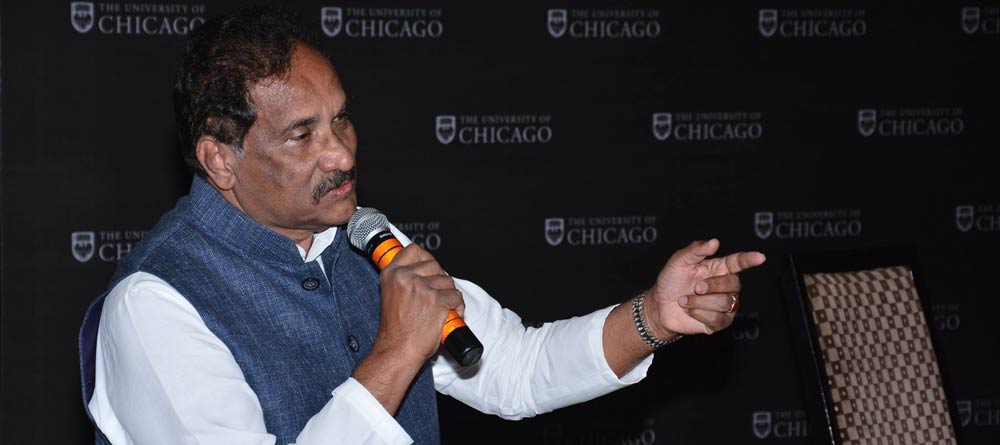
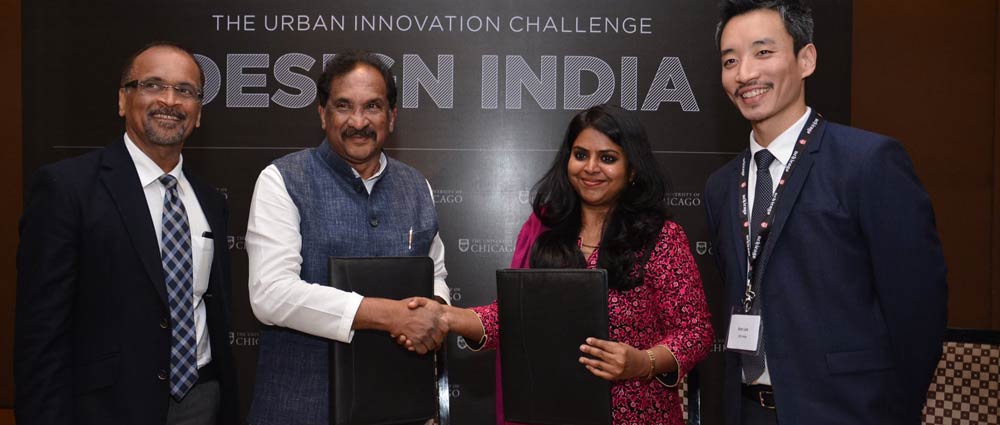
Banner and thumbnail photo credits to University of Chicago

Jean Todt, FIA President, Claudio Orrego, Governor of the Metropolitan Region of Santiago, Juan Espadas Cejas, Mayor of Seville, Alejandro Quintana Hurtado, President of Automóvil Club de Chile and Alejandro Agag, CEO of Formula E Holdings, opened the FIA Smart Cities Forum in Santiago de Chile, on February 2.


[video:https://vimeo.com/254375961]
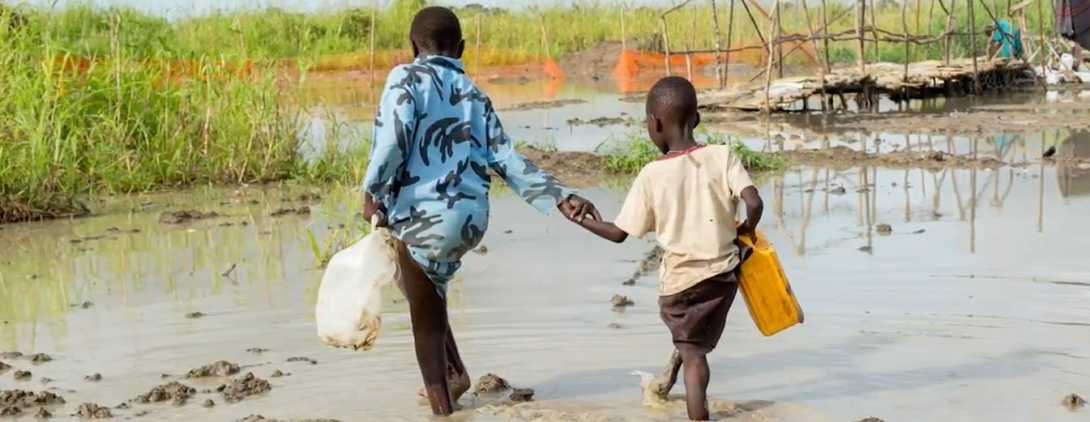
The United Nations Development Programme (UNDP) and the Food and Agriculture Organization of the United Nations (FAO) joined last year to launch an online course on climate change and agriculture. The six-week course in partnership with the United Nations Institute for Training and Research (UNITAR) featured leading global experts on climate change, finance, agriculture, and communications. The Massive Open Online Course (MOOC) on National Adaptation Plans: Building Climate Resilience in Agriculture happened in parallel with the 23rd Conference of the Parties (COP23) in Bonn, Germany.
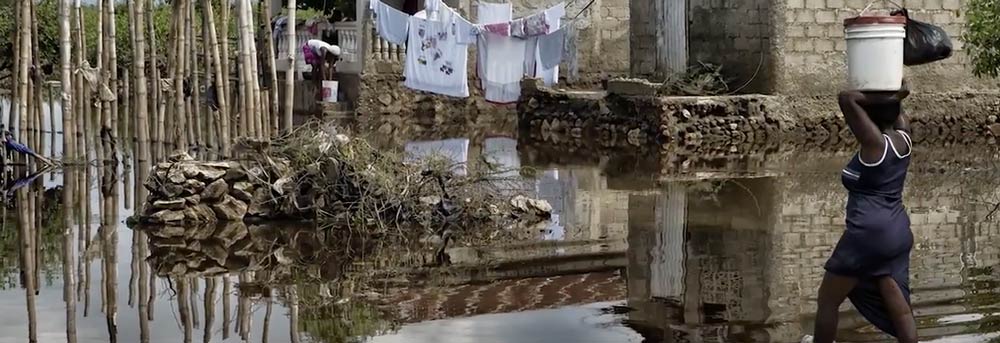
Frame Credits to UNDP
Watch all the MOOC videos [YouTube playlist]

 Module 1: Introduction to climate change adaptation, agriculture and food security
Module 1: Introduction to climate change adaptation, agriculture and food security
 Learning Objectives
Learning Objectives
 Identify interlinkages between climate change, agriculture and food security and the role of national adaptation planning;
Identify interlinkages between climate change, agriculture and food security and the role of national adaptation planning;
 Recognize differentiated climate change impacts on livelihoods and gender in agriculture;
Recognize differentiated climate change impacts on livelihoods and gender in agriculture;
 Discuss the NAP’s relation to the implementation of the 2030 Agenda, the Paris Agreement, and the Sendai Framework.
Discuss the NAP’s relation to the implementation of the 2030 Agenda, the Paris Agreement, and the Sendai Framework.

 Module 2: International Frameworks and National Adaptation Planning
Module 2: International Frameworks and National Adaptation Planning
 Learning Objectives
Learning Objectives

 Explain the process of formulation and implementation of National Adaptation Plans;
Explain the process of formulation and implementation of National Adaptation Plans;
 Describe the Integrating Agriculture in National Adaptation Plans (NAP-Ag) Programme and supplementary guidelines for addressing agriculture in national adaptation planning.
Describe the Integrating Agriculture in National Adaptation Plans (NAP-Ag) Programme and supplementary guidelines for addressing agriculture in national adaptation planning.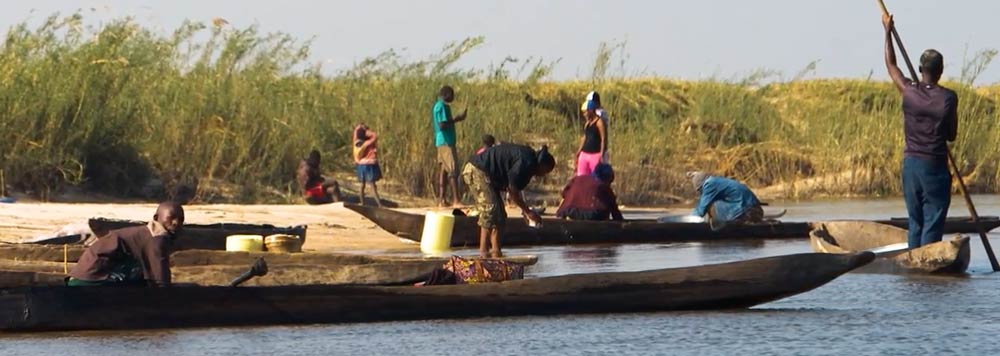

 Module 3: Identifying and assessing climate change impacts and risks
Module 3: Identifying and assessing climate change impacts and risks
 Learning Objectives
Learning Objectives
 Identify types and sources of knowledge and information needed for adaptation planning;
Identify types and sources of knowledge and information needed for adaptation planning;
 Reflect on the importance of informed decision-making in adaptation planning;
Reflect on the importance of informed decision-making in adaptation planning;
 Identify tools for modeling.
Identify tools for modeling.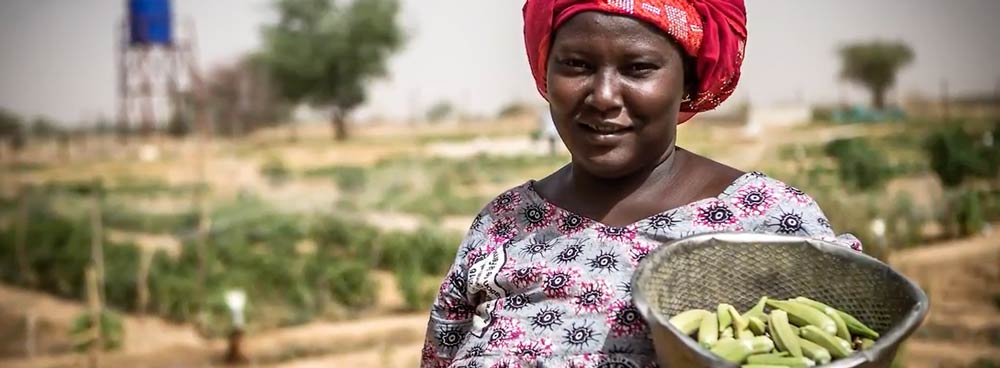

 Module 4: Identifying and prioritizing climate adaptation options
Module 4: Identifying and prioritizing climate adaptation options
 Learning Objectives
Learning Objectives
 Discuss examples of different adaptation actions in agriculture;
Discuss examples of different adaptation actions in agriculture;
 Recall approaches and methods for the appraisal and prioritization of adaptation actions.
Recall approaches and methods for the appraisal and prioritization of adaptation actions.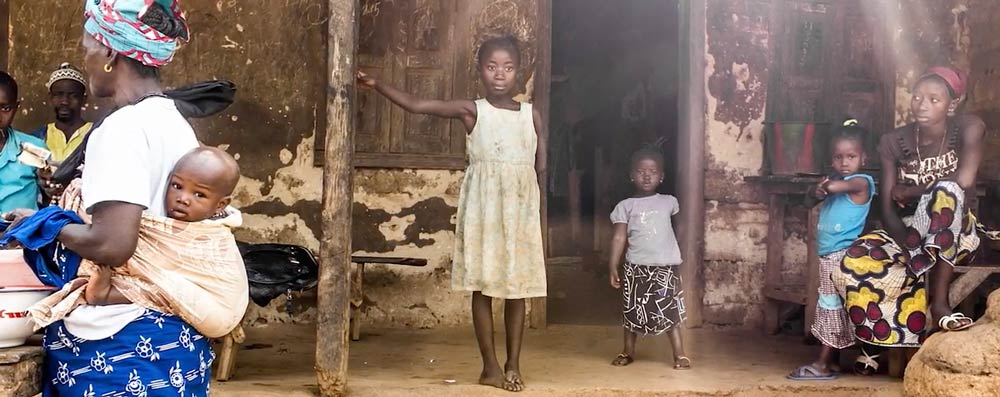

 Module 5: Governance, coordination and finance
Module 5: Governance, coordination and finance
 Learning Objectives
Learning Objectives
 Distinguish coordination and governance aspects of implementing adaptation actions in agriculture sectors;
Distinguish coordination and governance aspects of implementing adaptation actions in agriculture sectors;
 Recall opportunities and mechanisms for funding climate change adaptation and safeguarding livelihoods in agriculture.
Recall opportunities and mechanisms for funding climate change adaptation and safeguarding livelihoods in agriculture.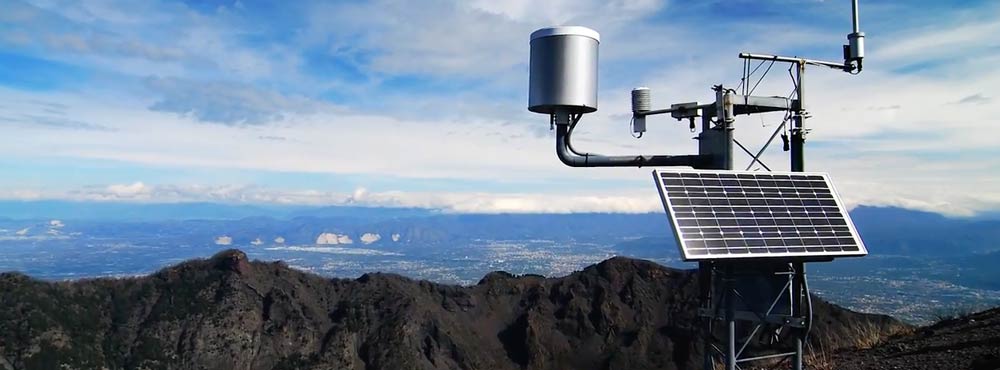

 Module 6: Communications, monitoring, and evaluation
Module 6: Communications, monitoring, and evaluation
 Learning Objectives
Learning Objectives
 Describe the M&E process for climate change adaptation in agriculture;
Describe the M&E process for climate change adaptation in agriculture;
 List the essential elements of an integrated communications strategy.
List the essential elements of an integrated communications strategy.[video:https://vimeo.com/254125726]
Hosted by the World Bank Group and supported by Italy’s Ministry of the Environment and Energy Security and Germany’s Federal Ministry for Economic Cooperation and Development, Connect4Climate (C4C) is a global partnership for a livable planet that connects, creates, and communicates to build long-lasting change for future generations.